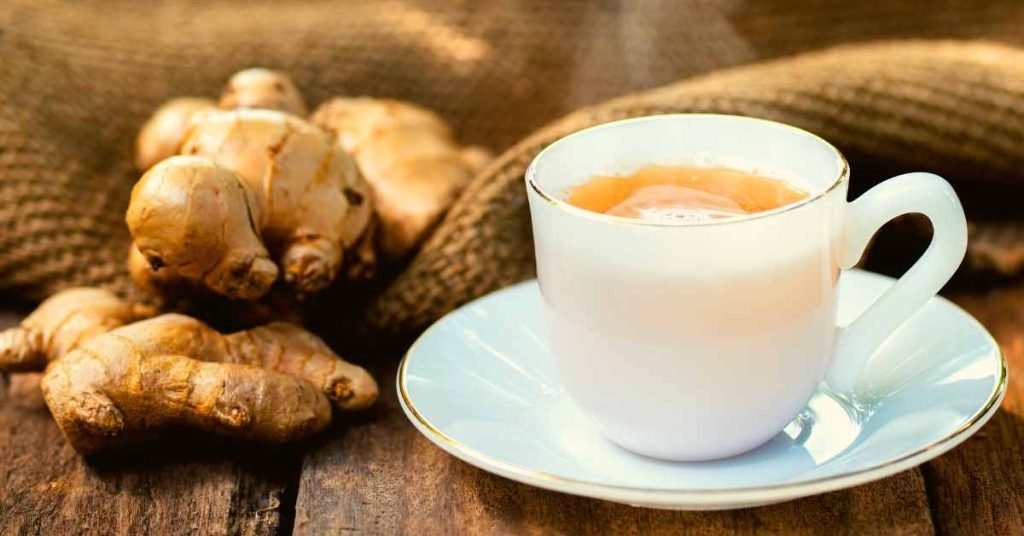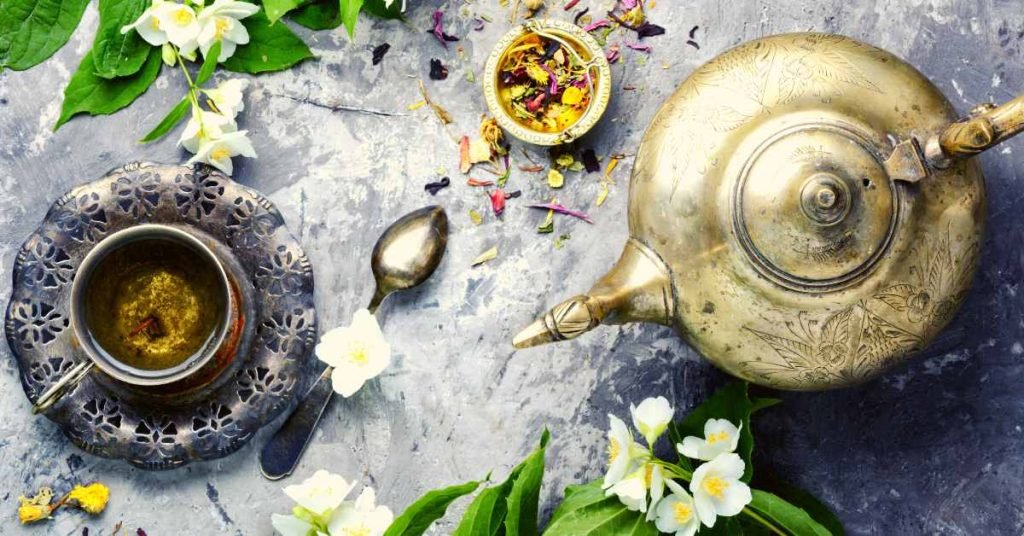Beyond its role as a soothing drink, tea possesses compounds that can contribute to various aspects of well-being, including the potential to alleviate symptoms of respiratory issues.
In this article, we delve into the realm of tea as a natural remedy for treating blood in cough, exploring the recommended types of teas, their benefits, and the mechanisms through which they may aid in healing.
Understanding Blood in Cough

Coughing is a reflex action that helps the body clear its airways of irritants or mucus.
While coughing is generally a protective mechanism, the presence of blood in cough, known as hemoptysis, can be a cause for concern.
Hemoptysis may arise from various conditions, including respiratory infections, chronic bronchitis, tuberculosis, or more serious issues such as pulmonary embolism or lung cancer.
It is crucial to consult a healthcare professional to determine the underlying cause of blood in cough and receive appropriate medical attention.
Teas for Treating Blood in Cough
Several types of tea are renowned for their potential to alleviate respiratory symptoms and promote overall lung health.
While tea alone cannot replace professional medical treatment, it can be a complementary and comforting addition to a holistic approach to health.
The following teas are known for their potential benefits in treating blood in cough:
Peppermint Tea:
Benefits: Peppermint tea contains menthol, which has a soothing effect on the respiratory tract. It may help alleviate coughing and ease the irritation in the throat.
How it works: Menthol is known for its ability to relax the muscles in the respiratory tract, providing relief from coughing and potentially reducing the risk of blood in cough associated with irritation.
Ginger Tea:

Benefits: Ginger has anti-inflammatory and antioxidant properties that may contribute to respiratory health. It is often used to relieve symptoms of respiratory conditions such as asthma and bronchitis.
How it works: The anti-inflammatory properties of ginger can help reduce inflammation in the respiratory tract, potentially easing coughing and promoting healing.
Turmeric Tea:
Benefits: Turmeric contains curcumin, a powerful anti-inflammatory compound. It may aid in reducing inflammation in the respiratory system.
How it works: Curcumin’s anti-inflammatory properties may help alleviate irritation in the airways, potentially reducing the likelihood of coughing with blood.
Chamomile Tea:
Benefits: Chamomile has anti-inflammatory and antioxidant properties, making it a popular choice for promoting relaxation and soothing respiratory discomfort.
How it works: Chamomile’s anti-inflammatory effects may help calm the respiratory system, providing relief from coughing and potentially supporting the healing process.
Honey and Lemon Tea:
Benefits: Honey has antimicrobial properties, while lemon provides vitamin C and antioxidants. This combination is often used to soothe sore throats and alleviate coughing.
How it works: Honey’s antimicrobial properties may help fight respiratory infections, while lemon provides immune-boosting vitamin C. Together, they can provide relief and support the body’s natural healing processes.
Green Tea:

Benefits: Green tea is rich in antioxidants, particularly catechins, which have anti-inflammatory and immune-boosting properties.
How it works: The antioxidants in green tea may help reduce inflammation in the respiratory tract and support the immune system, potentially aiding in the healing process.
Mechanisms of Action
Teas can contribute to respiratory health through various mechanisms, including:
- Anti-Inflammatory Effects: Many teas, such as ginger, turmeric, and green tea, contain compounds with anti-inflammatory properties. These substances can help reduce inflammation in the respiratory tract, alleviating irritation and promoting healing.
- Antioxidant Properties: The antioxidants present in tea, such as catechins in green tea and flavonoids in chamomile, can neutralize harmful free radicals. This antioxidant action may protect the respiratory system from oxidative stress and support overall lung health.
- Soothing and Relaxing: Teas like peppermint and chamomile have soothing effects on the respiratory tract. They can help relax the muscles, potentially reducing coughing and providing relief from irritation.
- Antimicrobial Action: Honey, a common ingredient in tea blends, has antimicrobial properties that may help fight respiratory infections. Combining honey with lemon enhances the immune-boosting effects, supporting the body in its natural defense against infections.
Final Word
While tea can be a comforting and potentially beneficial addition to a holistic approach to respiratory health, it is crucial to emphasize that it is not a substitute for professional medical advice and treatment.
If you experience persistent coughing with blood or any respiratory symptoms, consult a healthcare professional for a thorough evaluation and diagnosis.
Incorporating teas with anti-inflammatory, antioxidant, and soothing properties into your routine may provide relief from respiratory discomfort and contribute to overall well-being.
As with any natural remedy, individual responses may vary, and it is advisable to experiment with caution, especially if you have pre-existing medical conditions or are taking medications.
Enjoy your tea mindfully, savoring not only its taste but also its potential to contribute to your respiratory health in a gentle and natural way.
MEDICAL DISCLAIMER
Itsnevernotteatime.com cannot and does not contain medical/health advice. The medical/health information is provided for general and educational purposes only and is not a substitute for professional advice.




